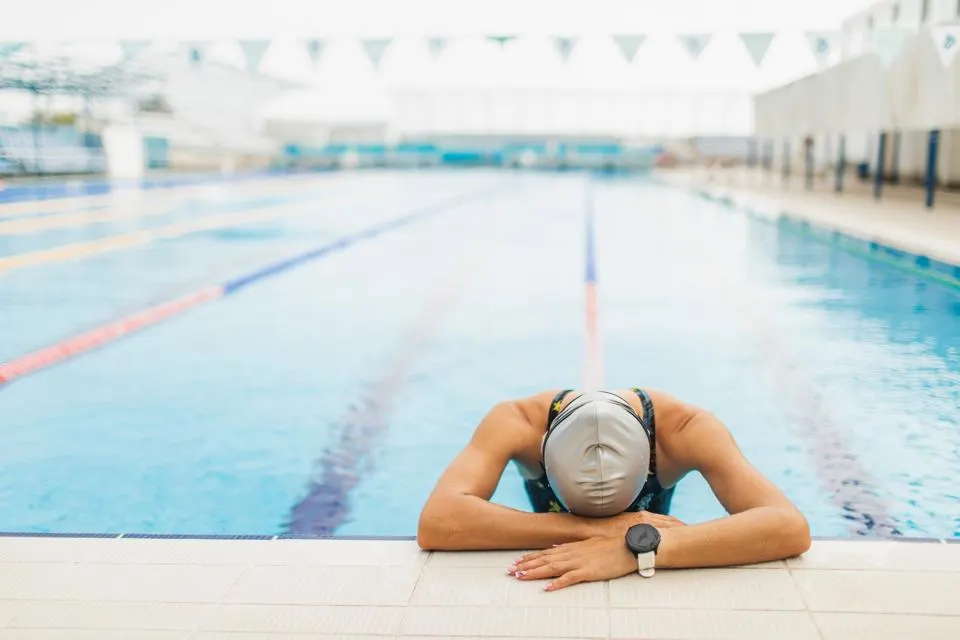Athlete burnout is more than exhaustion—it’s a silent threat to both mental well-being and sporting careers. Defined by emotional and physical exhaustion, a sense of reduced accomplishment and sport devaluation, athlete burnout is increasingly identified in elite and developing athletes alike. For example, recent research indicates that while only 1-5 % of elite athletes may experience severe burnout symptoms, many more report moderate symptoms that erode performance, motivation and wellness over time.
What causes burnout in sports environments? Multiple interlinked factors are at play: high training loads, relentless performance pressure, inadequate rest or recovery, and athletes’ internal stress-mindset. Studies show that athletes who view stress as debilitating tend to report higher burnout scores—underscoring the importance of mindset and psychological resources. Equally, evidence shows burnout frequently precedes and predicts worse mental health outcomes such as anxiety, depression and poor sleep.
For coaches, teams and athletes seeking to safeguard mental health and performance longevity, the approach must be proactive. First, implement regular check-ins and screening for early signs of burnout rather than waiting for crisis. Second, integrate strategies to build psychological capital—hope, resilience, self-efficacy—which research shows buffer against burnout symptoms. Third, respect recovery—ensuring physical rest, mental breaks and supportive environments. These steps reflect the principles of Experience (E) in dealing with real athlete challenges, Expertise (E) in applying research insights, Authoritativeness (A) in adopting evidence-based practices, and Trustworthiness (T) in prioritising athlete well-being. By moving beyond stamina and skill to mental wellness, sport can foster both excellence and human thriving.

